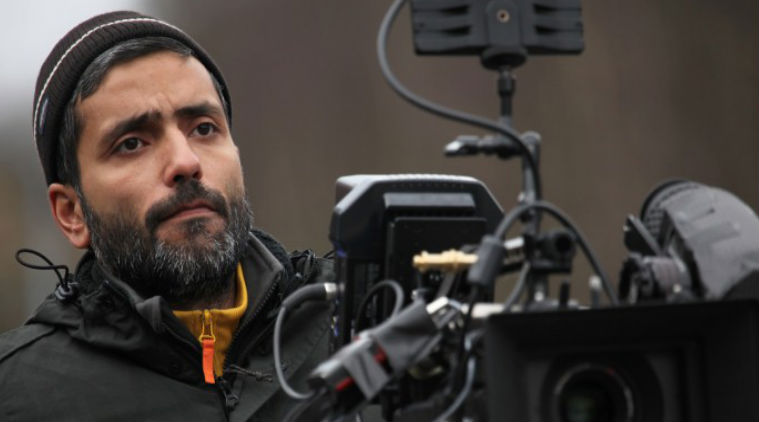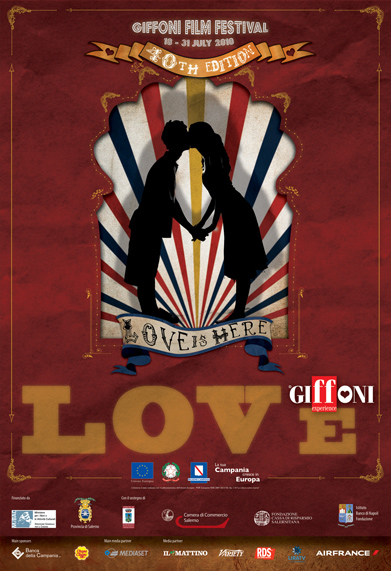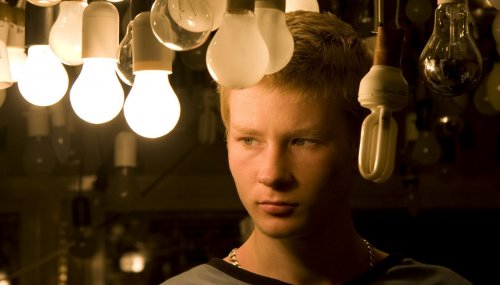 Babak Najafi
Babak Najafi
Born in Karami, Iran, in 1975, he studied at the Drama Institute of the College of Film, Radio, Television and Drama in Stockholm from 1998-2002. SEBBE is the first feature he directed after a series of short films. Most of shorts were written by Babak and selected in many national and international festivals. Among them there is PABLO’S BIRTHDAY screened at the GFF in 2001.
Babak Najafi
Nato a Karami, Iran, nel 1975, ha studiato al Drama Institute del College of Film, Radio, Television and Drama di Stoccolma. SEBBE è il primo lungometraggio da lui diretto dopo una serie di cortometraggi, molti dei quali scritti da lui stesso e presentati in diversi festival nazionali e internazionali. Tra i suoi film ricordiamo PABLO’S BIRTHDAY presentato al GFF nel 2001.
Director’s statement
“One of the premises for SEBBE was to make a film about a social group we never see in Swedish feature films, the very poor. Swedish films are always set in middle or upper class environments. Depictions of the suburbs are almost always about criminality. You have to ask yourself what the people in the 90s who made films in the suburbs found so exciting. They milked the cow then moved on. But the cow is still there. […] After ELIXIR a lot of projects landed in my lap – all of them about immigrants – none of which I wanted to take on. And when I said no it was as if I was being ungrateful. […] To begin with SEBBE was going to be about a character with a Chilean background, but then people would have regarded it as a film about ‘them’, rather than as a story. […] I wanted to reach out to the people who read young people’s magazines. I didn’t want them to see the film and say ‘this is a film about them, not about me’. Sebbe and Eva are Swedes, and it’s important that they look Swedish, and convincingly so. […] Two of my favourite directors are Fatih Akin and Alejandro González Iñárritu. They’re somewhere in the middle: their films are not too heavy, the intellectual side doesn’t kill thoughts and feelings, but neither are they over-eager to please the masses. Basically, a film should be like a good song – an emotional journey where you don’t know where you’re going to end up”.
Dichiarazione del regista
“Una delle premesse di SEBBE era fare un film su i più poveri, un gruppo sociale che non si vede mai nei film svedesi, sempre girati in ambienti della classe media o alto-borghese. Le periferie sono quasi sempre rappresentate in relazione alla criminalità. Bisognerebbe chiedersi: quelli che negli anni ’90 hanno girato film ambientati in periferia cosa vi hanno trovato di così eccitante. Hanno ‘munto la mucca’ e poi se ne sono andati. Ma la vacca è ancora lì. [...] Dopo ELIXIR mi sono arrivati un sacco di progetti – tutti sugli immigrati – ma non ne ho voluto realizzare nessuno. E quando dicevo di no, mi trattavano come se fossi un ingrato. [...] All’inizio SEBBE doveva raccontare di un personaggio con un background cileno, ma poi la gente lo avrebbe considerato come un film su di ‘loro’, piuttosto che concentrarsi sulla storia. [...] Volevo raggiungere le persone che leggono le riviste dei giovani. Non volevo che vedessero il film e dicessero ‘questo è un film su di loro, non su di me’. Sebbe ed Eva sono svedesi, ed è importante che sembrino svedesi, e siano convincenti. [...] Due dei miei registi preferiti sono Fatih Akin e Alejandro González Iñárritu. Sono autori che si trovano nel mezzo: i loro film non sono troppo pesanti, il lato intellettuale non uccide pensieri e sentimenti, ma non sono neanche troppo desiderosi di piacere alle masse. In sostanza, un film deve essere come una buona canzone - un viaggio emozionale in cui non sai dove andrai a finire”.




 Babak Najafi
Babak Najafi